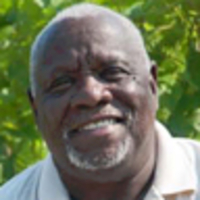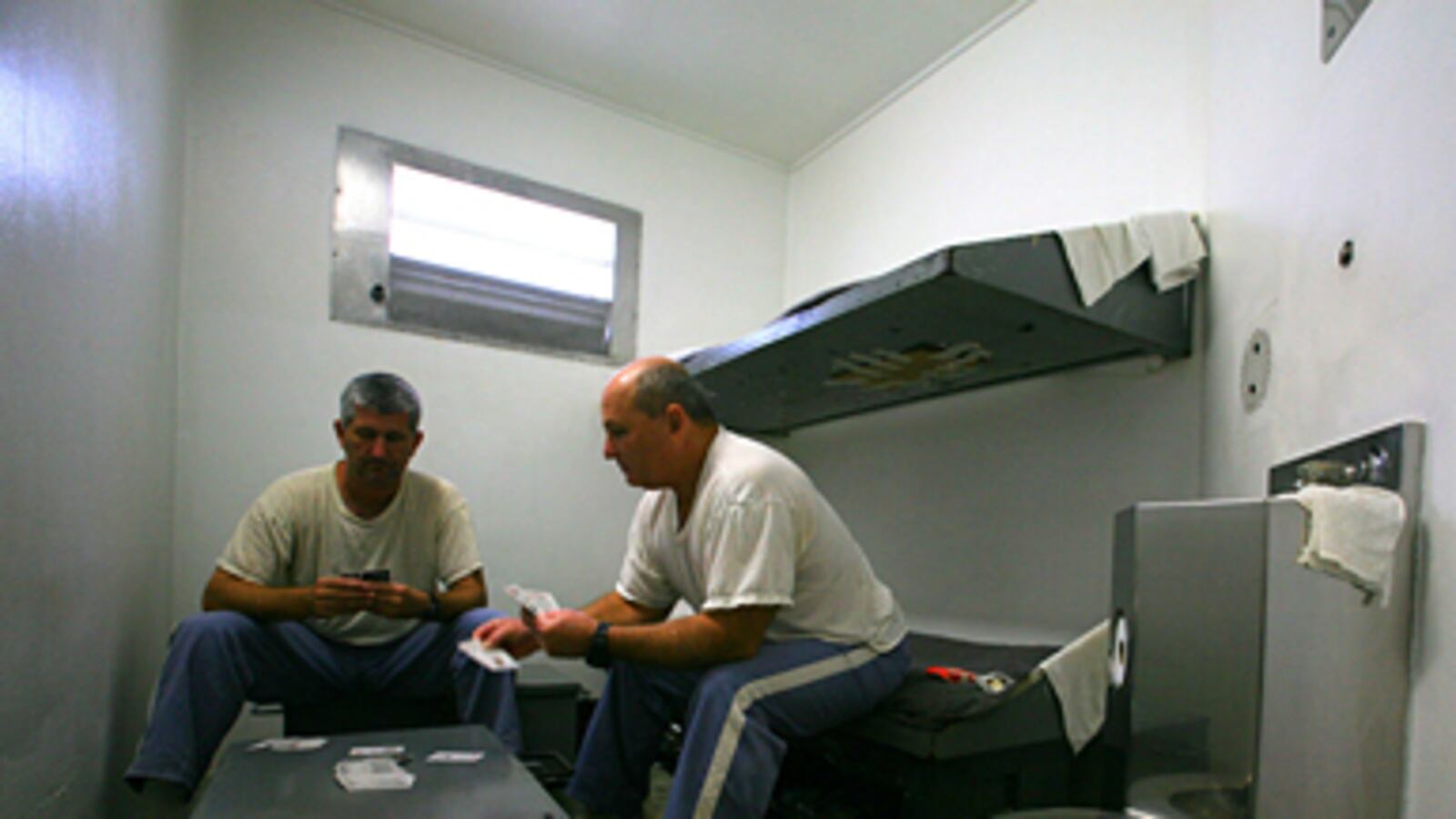The United States has the highest incarceration rate in the world, with one out of every 32 Americans locked up or on probation or parole at any given time. But some lawmakers think that's not quite harsh enough.
Prisoner reentry was turned into a political football in Florida on Wednesday when newly elected Governor Rick Scott, at the urging of State Attorney General Pam Bondi, swiftly changed the rules governing when felons' rights are restored in the state after they're released from prison. Moving with speed characteristic of tin-horn dictators in banana republics, Scott and the Florida cabinet imposed a five-year wait period on restoring many rights to individuals convicted of nonviolent crimes, and a seven-year wait for those convicted of violent crimes. Additionally, those in the latter category must have a hearing before a clemency board that will determine if their civil and voting rights are to be restored. "Felons seeking restoration of civil rights demonstrate they desire and deserve clemency only after they show they're willing to abide by the law," Scott said.

But whether the move was simply tough-on-crime posturing or something more nefarious remains an open question. Howard Simon of the Florida ACLU recalls the hotly contested 2000 presidential election, in which George W. Bush carried the state by the slimmest of margins and was declared the victor only after the Supreme Court ruled in his favor. He suggests that the new law might have been designed to deny voting rights to as many people as possible before the 2012 presidential election. "The unseemly haste and lack of transparency suggests clearly that this was politics disguised as public policy," Simon said.
Cleveland State University Urban Studies Associate Professor Ronnie Dunn has written extensively on how, since the advent of the Jim Crow era, unfair laws have been enacted— particularly in Southern states—to deny blacks the right to vote. Writing in a soon-to-be-released handbook on prisoner reentry, he describes how poll taxes, literacy tests, and property ownership were devices routinely used to suppress the black vote and unfairly affect election outcomes.
Florida now joins two other states, Kentucky and Virginia, in having the most severe restrictions on former felons voting and other rights, such as serving on juries and holding certain professional licenses. Five black Florida lawmakers joined a chorus of civil-rights advocates in objecting to the rule changes, saying no evidence existed that the abandoned process, which was approved by former Gov. Charlie Crist and the former cabinet in 2007, was not working.
“The unseemly haste and lack of transparency suggests clearly that this was politics disguised as public policy.”
"It's really not about what's right or fair," said Ken Lumpkin, an attorney and political activist in Cleveland. "This is about stealing elections and hurting an individual's chances of starting over after prison. If felons had had the franchise in Florida back in 2000, over a million more people would have been eligible to vote, and the election would not have been close enough for the Supreme Court to give it to Bush. What this new governor is doing is rolling back the clock on minority rights. And with Republican governors and legislative majorities in states like Ohio and Wisconsin, no one should be surprised if they try to change the rules in those states also. If that happens, a Democratic candidate for president won't stand a chance."
Indeed, incoming Ohio Secretary of State Jon Husted, among other changes, wants to stop county boards of elections from mailing unsolicited absentee ballots to voters and limit the window of time they have to cast them. Democrats, however, charge that Husted's proposals are designed to discourage voting, especially in big urban counties.
Ohio State Rep. Michael Stinziano (D-Columbus), the former director of the Franklin County Board of Elections, said it would be "bad public policy" to prevent county boards from soliciting and paying postage for absentee ballots. The service, he said, alleviated long lines at polling places (such as those that marred the county's 2004 presidential election) that caused some elderly voters to walk away without voting.
Back in Florida, state NAACP Vice Chairman Dale Landry said that individuals who have completed their sentences have paid their debt to society in full and should be allowed to vote. "Why do we come back and impose a further penalty?" he asked. "What we're saying is that… the state wants to impose further sentencing, an additional penalty. That's exactly what was done here."
The clemency board did not release the proposed rule changes to the public until moments before the meeting began, and then limited public testimony to two minutes per person for a total of 30 minutes before unanimously approving the changes. State Agriculture Commissioner Adam Putnam asked for a slower, more detailed explanation of the changes, saying he "didn't have much time" to read them since he got the proposal so late.
"Why the rush to go back to where we started from?" asked Sen. Arthenia Joyner (D-Tampa).
During the testimony period, Leon County Supervisor of Elections Ion Sancho accused the clemency board of turning back the clock to Florida's post-Civil War era by imposing restrictions "whose sole purpose was to ensure that the former slaves of this state could never reintegrate into the society and be able to vote." Sancho said the process was "a stain on the State of Florida, and will ensure a permanent underclass of underemployed individuals."
Mansfield Frazier is a native Clevelander and former newspaper editor. His regular column can be seen on CoolCleveland.com. An avid gardener, he resides in the Hough neighborhood of Cleveland with his wife Brenda and their two dogs, Gypsy and Ginger.





